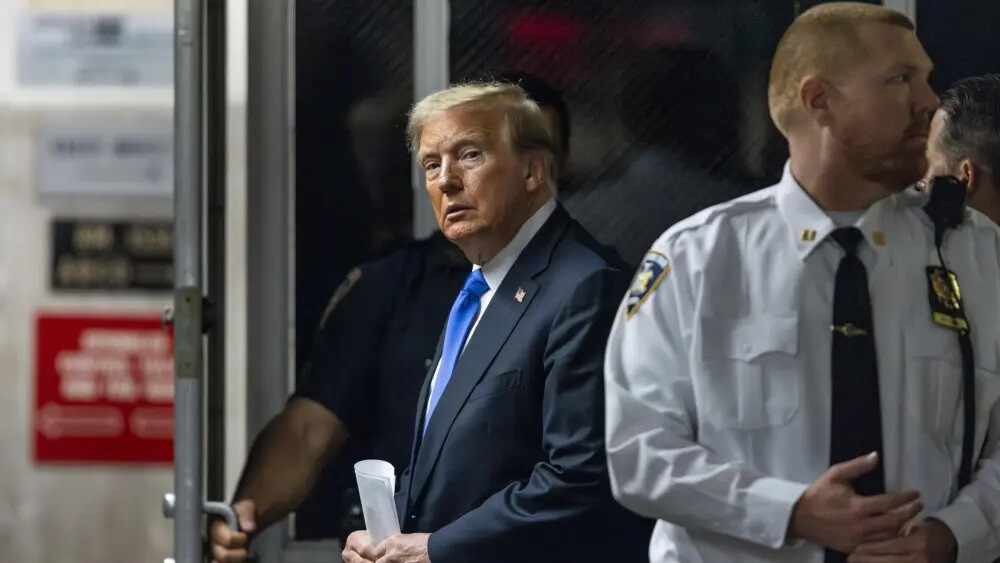
President Donald Trump has vehemently criticized the European Union (EU), calling it "very disagreeable" and demanding an immediate halt to unfair taxes and excessive regulations on companies. He asserted that the EU imposes "very unfair taxes" on American companies, deeming it "unacceptable behavior," and emphasized the U.S.'s significantly greater influence.
On the afternoon of June 27, 2025, in an interview from his office, Trump discussed ongoing negotiations with European Commission President Ursula von der Leyen, describing the situation as "very difficult." He pointed out that past U.S. presidents had received "very unfair treatment" from the EU, but he, understanding the "system," was "being treated well." He added, "We have the upper hand [in negotiations]. We have much more power than them."
Trump claimed that the EU initially resisted negotiations with the U.S. but immediately came to the table after he announced a 50% tariff. He stressed that his tough stance was effective, stating, "As soon as I said that, they came to negotiate." This recalls the heightened trade tensions between the EU and the U.S. during the former Trump administration.
At that time, the U.S. began imposing tariffs on steel and aluminum products, and hinted at potential auto tariffs, escalating pressure on the EU. The EU retaliated with reciprocal tariffs on certain U.S. products, but eventually sought compromise through negotiations.
Beyond the issue of unfair taxes, President Donald Trump also strongly criticized the EU's "ridiculous rulings" against American companies. He stated, "The problem is that they have a lot of unfair taxes that we would never impose," and "They are constantly suing Apple, Google, and all American companies to basically judges that work for the EU, and they are making ridiculous rulings."
This statement is interpreted as referring to the EU's discussions on digital taxes and its antitrust investigations and imposition of fines on major U.S. tech companies. The EU has pushed for the introduction of a digital tax, believing that U.S. tech giants like Google, Apple, and Amazon do not pay fair taxes on their profits earned in Europe, and has also imposed massive fines on some companies for abusing their dominant positions. Trump argued that if such fines are imposed, they should be paid to the U.S., asserting that the EU's actions are unjust.
He criticized the EU's behavior, saying, "If the fines are paid, they should be paid to the United States. But they've been doing this for years." He once again warned, "The European Union is very disagreeable. There's no doubt about it. But they won't be so disagreeable soon," signaling a tougher stance in future relations with the EU.
At the end of his speech, Trump claimed that while the U.S. was not respected just a year ago, now everyone, including Russian President Vladimir Putin, Chinese President Xi Jinping, and North Korean Chairman Kim Jong Un, respects the U.S. This is interpreted as an attempt to emphasize the successful implementation of his "America First" foreign policy.
These remarks by President Donald Trump indicate that if he is re-elected as U.S. president, they could significantly impact the relationship between the United States and the European Union. His hardline trade policies and "America First" foreign policy stance are expected to add uncertainty to economic and political cooperation with the EU. Even during his previous administration, the U.S. and the EU experienced disagreements and conflicts across various areas, including trade, security, and climate change.
In particular, issues such as NATO defense spending, withdrawal from the Iran nuclear deal, and withdrawal from the Paris Agreement significantly fractured relations between European countries and the U.S. Experts analyze that if Trump is re-elected, these past conflict patterns are likely to reappear or intensify.
[Copyright (c) Global Economic Times. All Rights Reserved.]




























